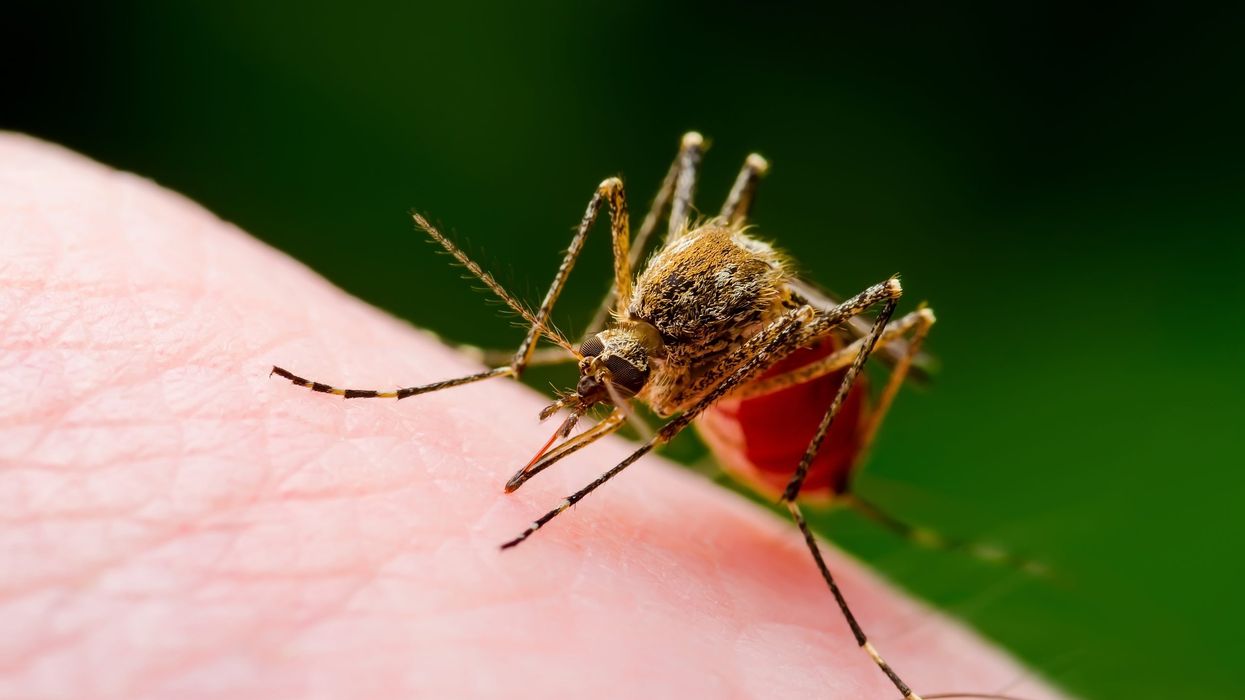A new study has found that some people are actually “mosquito magnets” and it probably has to do with the way they smell, AP news informs.
To put this claim to test, researchers reportedly designed an experiment which set people’s scents against each other, Maria Elena De Obaldia, the study author explained.
For the study, the researchers asked 64 volunteers to wear nylon stockings around their forearms with the objective of picking up their skin smells. These stockings were placed in separate traps at the end of a long tube, after which plenty of mosquitos were released.
Maria is reported to have said, “They would basically swarm to the most attractive subjects. It became very obvious right away.”
The researchers discovered that those who appeal the most to mosquitoes, produce a large amount of certain chemicals on their skin and this is linked to smell.
Unfortunately for the “mosquito magnets” - the bloodsuckers supposedly remain loyal.
Study author Leslie Vosshall, a neurobiologist at Rockefeller University in New York is quoted as saying, “If you have high levels of this stuff on your skin, you’re going to be the one at the picnic getting all the bites.”
The Aedes aegypti mosquito that spreads diseases like Zika, yellow fever, and dengue was used for the experiment.
According to Leslie, similar results may also be expected from other kinds of mosquitoes, but more research would be needed to confirm the same.
Scientists also found that the biggest mosquito magnet was approximately 100 times more desirable to the mosquitoes than the last place finisher.
Matt DeGennaro, a neurogeneticist at Florida International University who was not involved with the research is of the opinion that by examining the same people over numerous years, the big differences tend to stick around.
“Mosquito magnets seem to remain mosquito magnets,” Matt said.
A common factor was found among the mosquito magnets – they had high levels of certain acids on their skin.
Leslie is reported as saying that these “greasy molecules” are part of the skin’s natural moisturizing layer, and different amounts are produced by people.
She adds that healthy bacteria that live on our skin eat up these acids and create a part of our skin’s odor profile.
People cannot get rid of these acids without damaging their skin, Leslie affirms.
But on the other hand, there may be ways to interfere with skin bacteria and change humans’ smells, adds Jeff Riffell, a neurobiologist at the University of Washington who was not involved with the study.
However, trying to find ways to get rid of mosquitoes is not easy, since the critters are “lean, mean biting machines” Jeff said.
The study too supported this fact, and experiments were carried out with mosquitoes whose genes were edited to damage their sense of smell. However, it was found that the mosquitoes still preferred the mosquito magnets.
Commenting about this discovery, Leslie states, “Mosquitoes are resilient. They have many backup plans to be able to find us and bite us.”
The findings of the study were published in the journal Cell.




